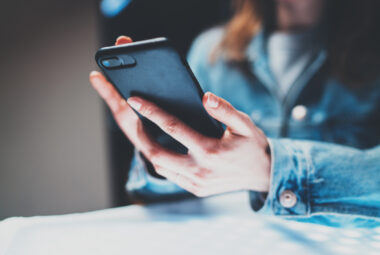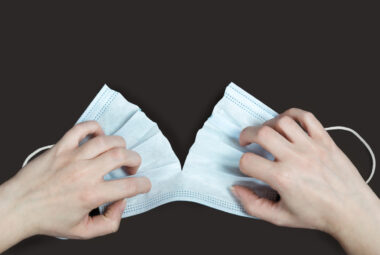
2023 Patent Landscape Report: COVID-19-related vaccines and therapeutics
Since the start of the COVID-19 pandemic there have been remarkable research and innovation efforts to fight the SARS-COV-2 virus.
According to the most recent World Intellectual Property Organization (WIPO) Patent Landscape Report on COVID-19, thousands of patent applications have been submitted by innovators worldwide for novel technologies aimed at combating the pandemic.
A patent search conducted by WIPO revealed 5,293 patent filings pertaining to various technologies associated with COVID-19 between January 2020 and September 2022. Among these filings, 1,465 were specifically focused on therapeutics, while 417 were related to the development of vaccines. Due to the average 18-month period between filing and publication of a patent application, these figures serve only as a snapshot of filing activity.
For comparison, between 1941 and 2011, there were just over 500 patent filings concerning active ingredients for influenza vaccines. During the early 2000s SARS outbreak fewer than 1,000 patents were published directed to influenza vaccines, with no vaccine candidate emerging from those filings.
The primary sources of the COVID-19 related patent applications filed were China, the United States of America, the Republic of Korea, Germany, and the United Kingdom, with both business and research communities contributing significantly to the patent landscape.
China is currently the lead origin of patent filings for both vaccines and therapeutics.
Various vaccine platforms have been investigated for the development of COVID-19 vaccines. These platforms encompass a wide range, from traditional methods like live attenuated and inactivated/killed whole virus vaccines, protein subunit vaccines, and virus-like particles (VLP), to more innovative approaches such as adenovirus-vector-based, DNA-based, and mRNA vaccines.
Although there are more patent filings referring to conventional vaccine platforms than to novel vaccine technologies, there are nearly double as many RNA vaccines in clinical trials – 20% – compared to their contribution to the patent dataset – 12%. This indicates that the novel platforms may be gaining momentum, especially in clinical studies.
In general, therapeutics can be classified into two categories: small molecules, which encompass both synthetic compounds and natural products derived from plants that have been extracted and purified; and biologic drugs, which include antibodies, non-antibody peptides/proteins, cell-based therapies, and nucleic-acid-based therapies.
Analysis of clinical trial data indicated a relatively balanced distribution of therapeutic candidates between small molecules and biologics. However, there is a notably higher proportion of newly synthesized drugs within the biologics category compared to small molecules.
The report found antibodies to be the fastest growing type of biologic therapeutics, accounting for about one-third of the patents filed in this category.
Both patent and clinical trial data reveal that virus-neutralizing antibodies possess the ability to bind to different regions of a vital segment within the SARS-CoV-2 S protein. This binding effectively blocks the interaction between the viral S protein and its receptor on human cells, making virus-neutralizing antibodies a promising new category of antivirals.
Additionally, there are other antibodies that specifically target human host factors. These antibodies can be utilized to mitigate inflammation and alleviate the adverse effects of cytokine storms observed in severe cases of COVID-19.
According to the WIPO director General Daren Tang: “The speed of innovation in this field has been built on a foundation of scientific research and R&D investment stretching over decades, which in turn, has been supported by the incentives provided by the global IP ecosystem”.
Barker Brettell has a dedicated medical sector team who can assist and advise you on how to achieve the best protection for your innovation – pharmaceutical or otherwise. To continue the conversation, please contact your usual Barker Brettell attorney.


